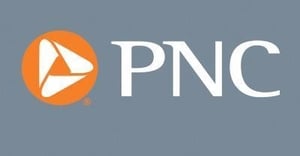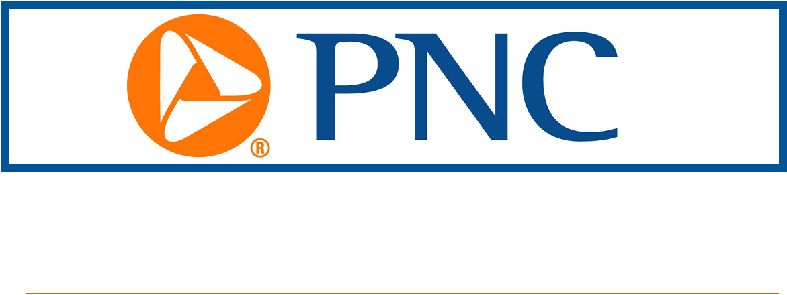
as Inflation Slows
- Personal income rose 0.3% in February.
- After-tax income, adjusted for inflation, fell 0.1% in February.
- Nominal consumer spending rose 0.8% in February, the biggest increase since mid-2022. Adjusted for inflation consumer spending rose a solid 0.4% over the month.
- Both the PCE price index and the core PCE price index increased at a slower pace in February compared to January. Core PCE inflation in February slowed on a year-ago basis, although it remains above the Fed’s target. Inflation has slowed dramatically since mid-2022.
- Consumer fundamentals remain solid in February 2024, and the US economic expansion will continue this year.
- PNC expects the FOMC to cut the fed funds rate in mid-June. Personal income rose 0.3% in February from January, with after-tax personal income up 0.2%, before accounting for inflation. At the same time consumer spending jumped 0.8% in February, the largest nominal increase since June 2022.
The personal consumption expenditures price index increased 0.3% in February after rising 0.4% in January. The core PCE price index, excluding food and energy prices and the Federal Reserve’s preferred inflation measure, rose 0.3% in February, down from 0.5% monthly core inflation in January. On a year-over-year basis overall PCE inflation was 2.5% in February, up from 2.4% in January, but down from above 3% as recently as September 2023, and a cyclical peak of above 7% in mid-2022. Core PCE inflation was 2.8% year-over-year in February, down from 2.9% in December, and above 3% as recently as November 2023. Core PCE inflation peaked at above 5% in mid-2022. Inflation remains above the Federal Reserve’s 2% objective, but is slowing.
After adjusting for inflation, real after-tax income fell 0.1% in February. Real consumer spending was up 0.4% in February, close to its recent pace. The strong labor market is powering consumer spending gains in 2024.
With spending up more than after-tax income, the personal saving rate fell to 3.6%, from 4.1% in January. This is the lowest monthly personal saving rate since late 2022.
The personal income and spending report for February was largely good news. Both overall and core PCE inflation slowed on a month-to-month basis from January, and core PCE inflation was down on a year-ago basis. Inflation continues to move in the right direction. The Federal Open Market Committee is unlikely to cut the federal funds rate, its key short-term policy rate, at its next meeting on May 1, but is expected to cut the fed funds rate by 25 basis points when it meets in mid-June as inflation continues to ease. PNC then expects a couple of additional fed funds rate cuts through the rest of 2024.
Income growth remains solid thanks to the strong labor market, with both job gains and rising wages. This, in turn, is supporting good growth in consumer spending. Other positives for consumer spending are rising household wealth, thanks to higher stock prices and home values, and slower inflation. Lower interest rates will also support spending growth in the second half of the year. The saving rate fell in February, and households will need to increase their saving in 2024, but with incomes growing they can boost their savings even while raising their spending. Consumer spending makes up about two-thirds of US GDP, so with households holding up their end the current economic expansion should continue into at least 2025.
Wages and salaries increased a strong 0.7% in February from January (before adjustment for inflation) as the job market remains very strong. Growth in non-labor income was softer, and tax payments rose a big 0.5% on the month.
Spending on goods rose 0.5% (nominal) in February, with durable goods spending up 1.4% and nondurable goods spending up 0.1%. Consumer spending on services rose 0.9% in February.
The PNC Financial Services Group, Inc. is one of the largest diversified financial services institutions in the United States, organized around its customers and communities for strong relationships and local delivery of retail and business banking including a full range of lending products; specialized services for corporations and government entities, including corporate banking, real estate finance, and asset-based lending; wealth management and asset management. For information about PNC, visit www.pnc.com.














